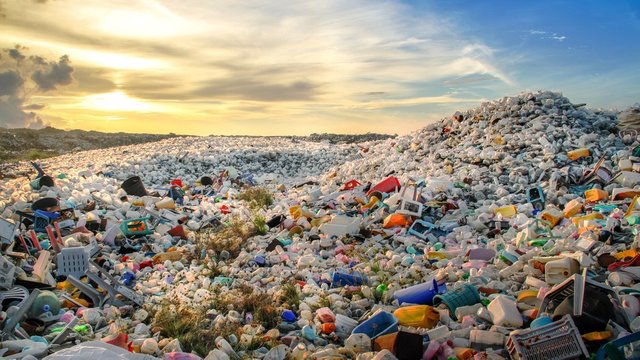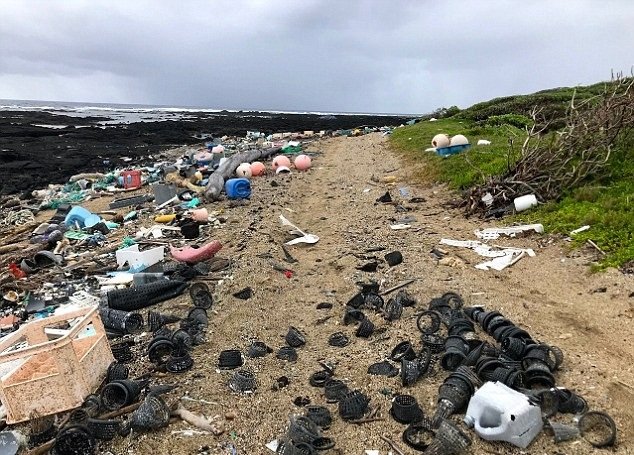The more horrible consequences of new plastic waste are discovered: Climate change
Not only affect the living environment of the species, plastic waste to open up also contribute seriously to the process of climate change.
Perhaps a little reminder: we humans are in a serious plastic waste crisis. With millions of tonnes of plastic waste discharged into the oceans, the habitat of marine life has been severely damaged.
But the impact of plastic waste does not stop there. It takes a long time, but plastic waste will decompose under the action of nature and sunlight. According to a recent study from the University of Hawaii, the process will produce methane and ethylene - two greenhouse gases.
![IMG_5830.jpg]
( )
)
Experts have tested plastics such as polycarbonate, acrylic, polypropylene, PET (polyethylene terephthalate), HDPE, LDPE and polystyrene. Common plastics, commonly used in plumbing, food packaging, nylon bags and plastic yarns in the textile industry.
Of these, polyethylene (used in nylon bags) is the most common garbage in the world. And at the same time it is the largest source of methane and ethylene, directly impacting the Earth's warming process as it does carbon.
"Resins will be a significant source of greenhouse gases, especially as plastic production is increasing, and more and more garbage is being collected directly into the environment." Professor David Karl from the University of Hawaii.
"Seriously, this gas has no way of dealing with it, because it has not been mentioned to fund them."

Experts have tested plastics such as polycarbonate, acrylic, polypropylene, PET (polyethylene terephthalate), HDPE, LDPE and polystyrene. Common plastics, commonly used in plumbing, food packaging, nylon bags and plastic yarns in the textile industry.
Of these, polyethylene (used in nylon bags) is the most common garbage in the world. And at the same time it is the largest source of methane and ethylene, directly impacting the Earth's warming process as it does carbon.
"Resins will be a significant source of greenhouse gases, especially as plastic production is increasing, and more and more garbage is being collected directly into the environment." Professor David Karl from the University of Hawaii.
"Seriously, this gas has no way of dealing with it, because it has not been mentioned to fund them."
"The longer the time, the more plastic the surface becomes worn out, and the faster the gas is released."
According to Royer, "plastic nanoparticles" (micrometer-sized particles) have a faster decay rate, and at the same time contribute to accelerated greenhouse gas production.
The long-term consequence of course is that our already hot-tempered planet will get warmer and create more climate change. Sea level rises, global temperatures rise, causing drought, erosion and floods.
"Based on the amount of rubbish we get on the coast, we need to improve this situation, and according to my research, even plastic production should be stopped." said Dr. Royer.
The study was published in PLOS ONE.